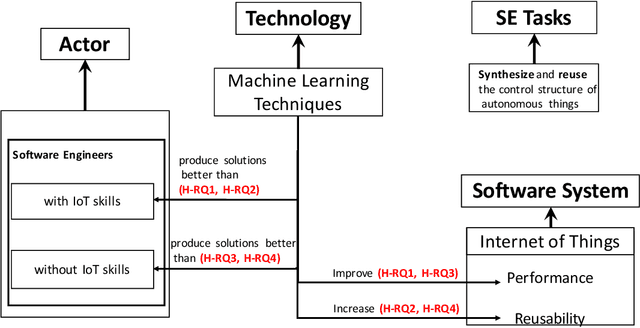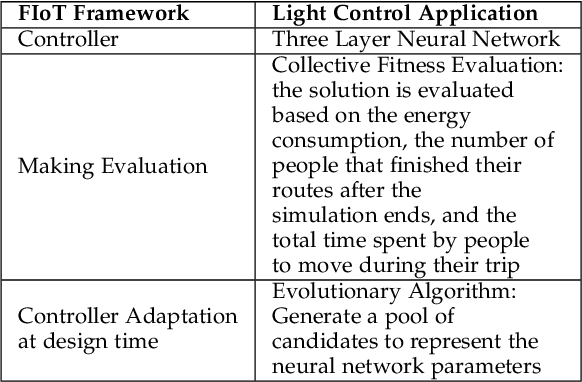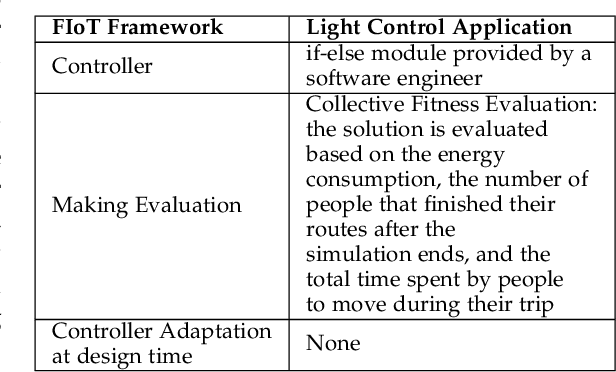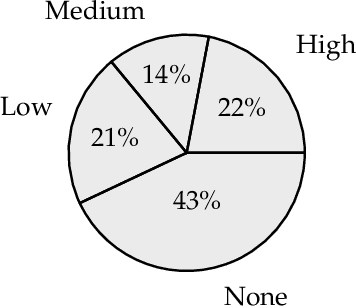Software Engineers vs. Machine Learning Algorithms: An Empirical Study Assessing Performance and Reuse Tasks
Paper and Code
Feb 07, 2018



Several papers have recently contained reports on applying machine learning (ML) to the automation of software engineering (SE) tasks, such as project management, modeling and development. However, there appear to be no approaches comparing how software engineers fare against machine-learning algorithms as applied to specific software development tasks. Such a comparison is essential to gain insight into which tasks are better performed by humans and which by machine learning and how cooperative work or human-in-the-loop processes can be implemented more effectively. In this paper, we present an empirical study that compares how software engineers and machine-learning algorithms perform and reuse tasks. The empirical study involves the synthesis of the control structure of an autonomous streetlight application. Our approach consists of four steps. First, we solved the problem using machine learning to determine specific performance and reuse tasks. Second, we asked software engineers with different domain knowledge levels to provide a solution to the same tasks. Third, we compared how software engineers fare against machine-learning algorithms when accomplishing the performance and reuse tasks based on criteria such as energy consumption and safety. Finally, we analyzed the results to understand which tasks are better performed by either humans or algorithms so that they can work together more effectively. Such an understanding and the resulting human-in-the-loop approaches, which take into account the strengths and weaknesses of humans and machine-learning algorithms, are fundamental not only to provide a basis for cooperative work in support of software engineering, but also, in other areas.
 Add to Chrome
Add to Chrome Add to Firefox
Add to Firefox Add to Edge
Add to Edge